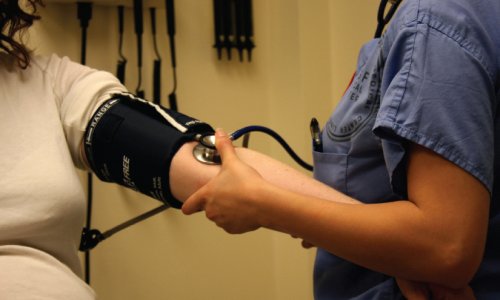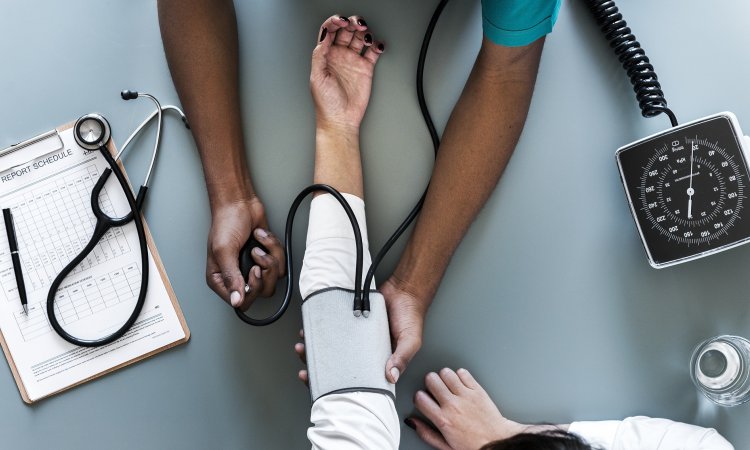News • Lesbian, gay, bi, trans
Should all patients be asked about their sexual orientation?
In late 2017, NHS England released guidelines recommending that health professionals ask all patients about their sexual orientation in order to improve services for non-heterosexual patients, but should they?
Experts debate the issue in The BMJ today. After decades of campaigning from lesbian, gay, bisexual and trans (LGBT) charities, sexual orientation is now a protected characteristic that is written into the Equality Act 2010. General practitioner and research fellow Richard Ma, from Imperial College London says all patients should be asked about their sexual orientation. Ma comments that it would seem like a welcome step for NHS England to include sexual orientation monitoring in health and social care systems. “Some doctors and patients have expressed concerns about this policy, citing reasons such as intrusion or invasion of privacy, fear of causing offence, doubts about relevance, data security” he says. “Whilst I understand these concerns, they result in inertia; and failure to act undermines hard fought rights of LGBT patients to better healthcare.”
Visibility and honest discussion can also eventually reduce stigma
Tamás Bereczky
Ma states there are flaws in recognising LGBT health needs. A survey of nearly 7000 gay and bisexual men, commissioned by LGBT charity, Stonewall, shows that smoking, alcohol, and drug use were more prevalent in this group compared to men in general. “Sexual orientation monitoring is necessary to make the health service for LGBT patients fairer. If we don’t count our LGBT patients, they don’t count.” Ma concludes.
But Michael Dixon, a general practitioner, says that it should be up to the individual judgement of GPs as to when it’s appropriate or useful to ask such questions about patient sexual orientation. He says that whilst there are health benefits from knowing a patient’s sexuality, the approach of asking ‘all’ patients is wrong. “Apparently this is all to stop discrimination under the Equality Act, but surely the best way to avoid discrimination is by not knowing people’s sexuality in the first place” he says. “In good medical practice, the patient’s own needs, wishes, choices, beliefs, culture, and perspective should come first - not the rules or diktats of any higher body” he concludes.
In a linked patient commentary, Tamás Bereczky, from the European AIDS Treatment Group, says whilst discussing sexual orientation between doctors and patients can be embarrassing, healthcare professionals should be able to talk about all sensitive topics. “Visibility and honest discussion can also eventually reduce stigma” he concludes.
Source: The BMJ
18.01.2018







